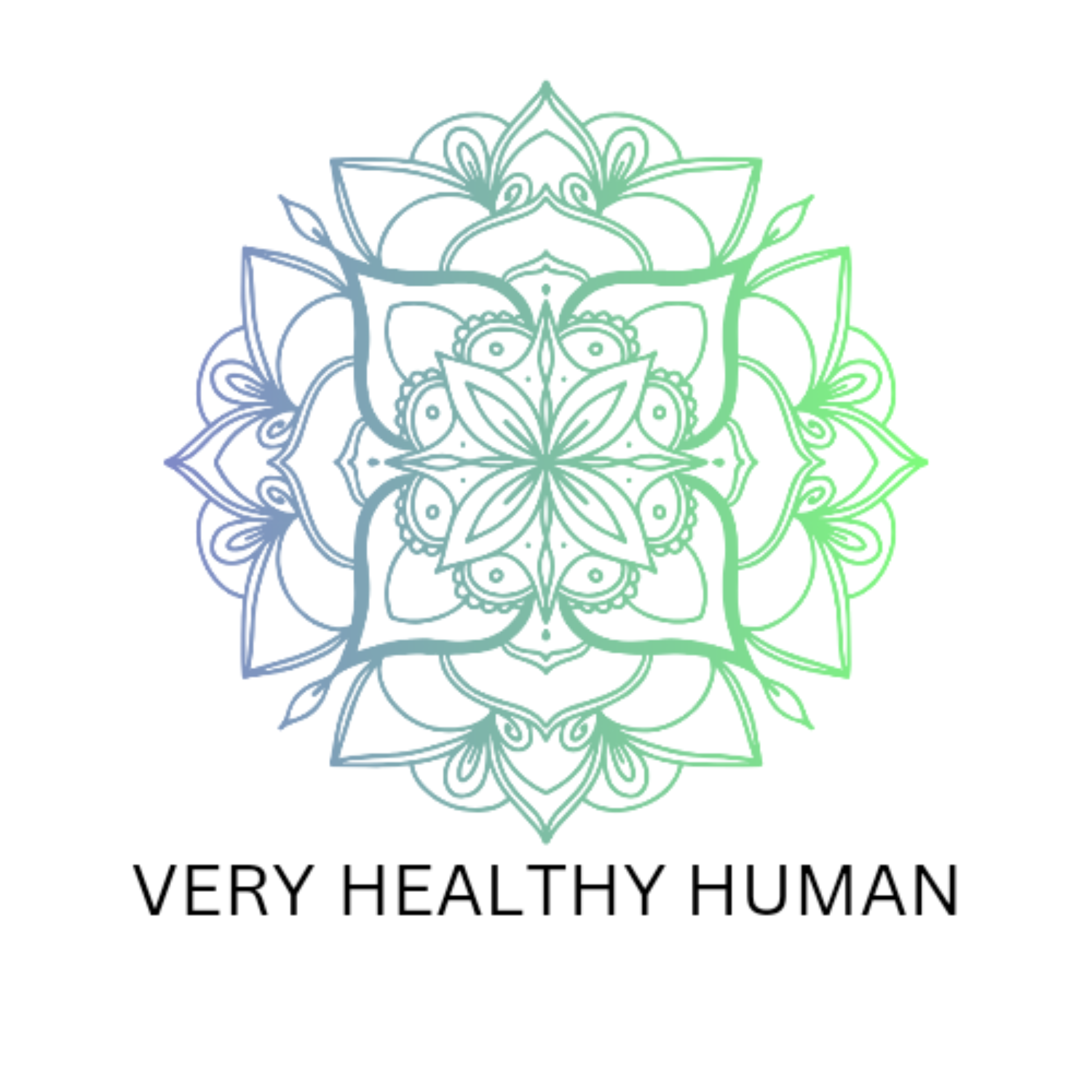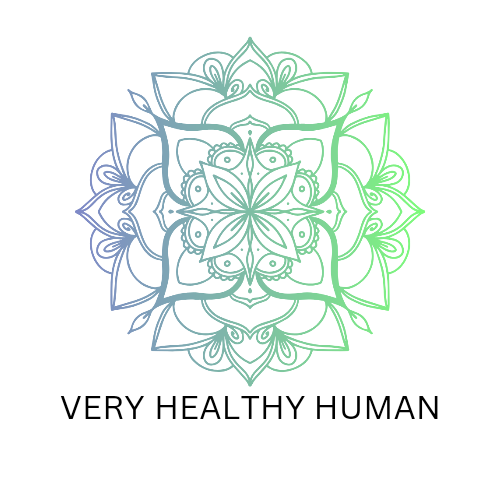Mental Health and Digital Therapies: Bridging the Gap to Better Well-being
Explore the latest insights and innovations shaping the wellness landscape in 2025. Stay ahead with expert tips and strategies to enhance your well-being.
Mental Health and Digital Therapies: Bridging the Gap to Better Well-being
Mental health has long been a subject shrouded in stigma and misinformation. However, in recent years, the conversation surrounding mental health has shifted towards a more open and accepting dialogue. This change is largely driven by a growing awareness of the importance of mental well-being and the realization that mental health issues can affect anyone, regardless of age, gender, or background.
As the stigma around mental health continues to diminish, there has been a significant increase in the development and adoption of digital therapies. These innovative solutions leverage technology to provide accessible, effective, and personalized support for individuals struggling with mental health challenges. In this blog, we will explore some of the most promising digital therapies, including new apps, virtual reality (VR) therapies, and wearable devices that are transforming the mental health landscape.
The Rise of Mental Health Apps
With the ubiquity of smartphones, mental health apps have become a popular and convenient way for people to access support and resources. These apps offer a range of features, from mood tracking and meditation exercises to cognitive-behavioral therapy (CBT) techniques and virtual counseling sessions. Here are some notable mental health apps that are making waves in 2025:
- Headspace: Known for its user-friendly interface and extensive library of guided meditations, Headspace helps users manage stress, anxiety, and sleep problems. The app also offers courses on mindfulness and mental well-being, making it a versatile tool for self-care.
- Calm: Another popular app, Calm focuses on meditation, relaxation, and sleep. It offers a variety of guided meditations, sleep stories, and breathing exercises to help users achieve a state of calm and tranquility.
- BetterHelp: For those seeking professional counseling, BetterHelp connects users with licensed therapists through video, phone, or text. The app provides a convenient and confidential way to access therapy, breaking down barriers to mental health care.
- Moodfit: This app combines mood tracking, goal setting, and mental health exercises to help users develop healthy habits and improve their emotional well-being. Moodfit also offers educational resources on topics such as stress management and cognitive-behavioral therapy.
- Sanvello: Sanvello provides a holistic approach to mental health, offering tools for mood tracking, meditation, and CBT. The app also includes a community feature where users can connect with others facing similar challenges, fostering a sense of support and belonging.
Virtual Reality Therapies: Immersive Healing
Virtual reality (VR) therapy is an emerging field that leverages immersive technology to create therapeutic experiences. By simulating real-life scenarios, VR therapy can help individuals confront and manage their mental health issues in a controlled and safe environment. Here are some ways VR therapy is being used to support mental well-being:
- Exposure Therapy: VR exposure therapy is particularly effective for treating anxiety disorders, phobias, and PTSD. By gradually exposing individuals to their fears in a virtual environment, therapists can help them build coping skills and reduce their anxiety over time. For example, a person with a fear of flying can experience a simulated flight and practice relaxation techniques in a controlled setting.
- Mindfulness and Relaxation: VR mindfulness experiences can transport users to serene environments, such as a tranquil beach or a peaceful forest. These immersive settings can enhance the effectiveness of mindfulness exercises and promote relaxation. Apps like Tripp and Guided Meditation VR offer guided meditations in visually stunning virtual worlds.
- Social Skills Training: For individuals with social anxiety or autism, VR therapy can provide a safe space to practice social interactions and develop communication skills. Virtual scenarios, such as a job interview or a social gathering, allow users to gain confidence and improve their social competence.
- Pain Management: VR therapy is also being used to help manage chronic pain and discomfort. By diverting attention away from pain through engaging and immersive experiences, users can experience relief and improved quality of life. Applications like SnowWorld and VR Pain Relief offer virtual experiences designed to reduce pain perception.
- Cognitive Rehabilitation: For individuals recovering from brain injuries or neurological disorders, VR therapy can support cognitive rehabilitation by providing interactive exercises that challenge memory, attention, and problem-solving skills. Virtual environments can be customized to target specific cognitive functions, making therapy both engaging and effective.
Wearable Devices: Real-Time Mental Health Monitoring
Wearable devices have become an integral part of the digital health revolution, offering real-time monitoring and feedback on various aspects of health, including mental well-being. These devices can track physiological and behavioral data, providing valuable insights into an individual’s mental health status. Here are some innovative wearable devices that support mental well-being:
- Apple Watch: With its advanced health monitoring features, the Apple Watch can track heart rate variability, sleep patterns, and activity levels, all of which are indicators of mental health. The watch also offers mindfulness reminders and guided breathing exercises to help users manage stress and anxiety.
- Fitbit Sense: This smartwatch is designed with a focus on mental well-being, offering tools such as stress management scores, guided mindfulness sessions, and sleep tracking. The Fitbit Sense also includes an electrodermal activity (EDA) sensor that measures stress response, providing users with real-time feedback on their stress levels.
- Muse: Muse is a brain-sensing headband that tracks brain activity during meditation and provides real-time feedback to help users improve their mindfulness practice. The device uses EEG sensors to monitor brainwaves and offers personalized guidance to enhance the meditation experience.
- Spire: Spire is a wearable device that clips onto clothing and monitors breathing patterns to detect stress and anxiety. When the device senses increased stress, it sends real-time alerts to the user’s smartphone, encouraging them to practice deep breathing and relaxation techniques.
- Oura Ring: This smart ring tracks various physiological metrics, including heart rate, body temperature, and sleep quality. By analyzing this data, the Oura Ring provides insights into the user’s overall health and well-being, helping them identify patterns and make informed decisions about their mental health.
The Future of Mental Health and Digital Therapies
As technology continues to advance, the potential for digital therapies to support mental health is boundless. Here are some emerging trends and future directions in the field of mental health and digital therapies:
- Artificial Intelligence (AI) and Machine Learning: AI and machine learning algorithms are being integrated into mental health apps and wearable devices to provide personalized recommendations and support. By analyzing user data, these technologies can identify patterns and predict potential mental health issues, enabling early intervention and proactive care.
- Telehealth and Remote Therapy: The COVID-19 pandemic has accelerated the adoption of telehealth and remote therapy, making mental health care more accessible than ever. Virtual therapy sessions, online support groups, and remote monitoring are becoming standard practices, allowing individuals to receive care from the comfort of their homes.
- Augmented Reality (AR) Therapies: While VR therapy is already making strides, augmented reality (AR) therapies are also emerging as a promising tool for mental health support. AR overlays digital information onto the real world, creating interactive experiences that can enhance therapeutic interventions. For example, AR can be used to provide real-time guidance during exposure therapy or to create immersive relaxation experiences in the user’s environment.
- Biofeedback and Neurofeedback: Biofeedback and neurofeedback technologies are being integrated into digital therapies to provide real-time feedback on physiological and brain activity. These techniques can help individuals learn to regulate their stress response, improve emotional resilience, and enhance cognitive function.
- Holistic Health Platforms: The future of mental health and digital therapies lies in the integration of holistic health platforms that combine physical, mental, and emotional well-being. These platforms will offer comprehensive support, including mental health apps, wearable devices, telehealth services, and personalized wellness plans, to address the diverse needs of individuals.
Conclusion
The growing focus on mental health and digital therapies is a testament to the importance of mental well-being in our lives. With the development of innovative apps, virtual reality therapies, and wearable devices, individuals now have access to a wide range of tools and resources to support their mental health journey. As we continue to embrace these digital solutions, the future of mental health care looks promising, offering hope and healing to millions around the world.
By staying informed about the latest advancements in mental health and digital therapies, we can all contribute to a more compassionate and supportive society. Whether you’re a mental health professional, a technology enthusiast, or someone seeking support for your own well-being, there are countless opportunities to explore and benefit from these cutting-edge solutions. Let’s continue to break down barriers, reduce stigma, and promote mental health for all.
Explore Wellness Topics
Mindfulness & Mental Health
Pain Management Techniques
Sleep Optimization
Diet & Nutrition
Women's Health
Exercise & Fitness
Lifestyle & Aging
Holistic Health Approaches
What Our Readers Say
"The insights from the blog have transformed my approach to wellness. I’ve never felt more energized!"

Sarah J.
Health Enthusiast
"Thanks to the wellness tips, I’ve managed my back pain more effectively than ever before."

Michael T.
Fitness Coach
"The eBooks have been a game-changer for my mental health journey. Highly recommend!"

Emily R.
Yoga Instructor
"Incorporating these wellness trends has made a significant difference in my daily routine."

James L.
Wellness Blogger
Stay Updated with the Latest Trends
Join our newsletter to receive exclusive insights on wellness trends and special promotions on our eBooks. Don’t miss out on the opportunity to enhance your health journey!







0 Comments